What Kind of Piano Should I Buy When I'm Getting Serious About Taking Lessons?
Acoustic pianos versus digital pianos versus keyboards. A guide to buying the right piano.
This is a really important question to ask. If you decide you want to become the best lawyer, then you need to make sure you take the best degree to get you qualified. If you decide you want to become a great runner, you're not going to rush out and buy a cheap pair of shoes. You've made a decision to learn piano. So you need to spend some time researching and deciding upon which piano to buy. Let me break down your options below.
KEYBOARDS
Cheap keyboards with unweighted keys and with no pedals are only suitable for about the first 6 months of beginner piano lessons (and even that’s pushing it!!). So if you think you're going to get away with using that keyboard you bought from ALDI for $100, sadly, you might need to re-think things. Cheap plastic keyboards with unweighted keys are the equivalent of buying cheap plastic running shoes. It won't get you very far!
This kind of keyboard (below) might be great for recording synth parts into GarageBand, but sadly isn't going to cut it for learning to play the piano. It isn't full-size; it doesn't have weighted keys, and has no pedal. If you can side your finger underneath the keys (ie: if there's a gap underneath the keys), it's a no-go.

These are the types of keys you should be looking for (below). Notice how there is no longer a gap underneath the keys!
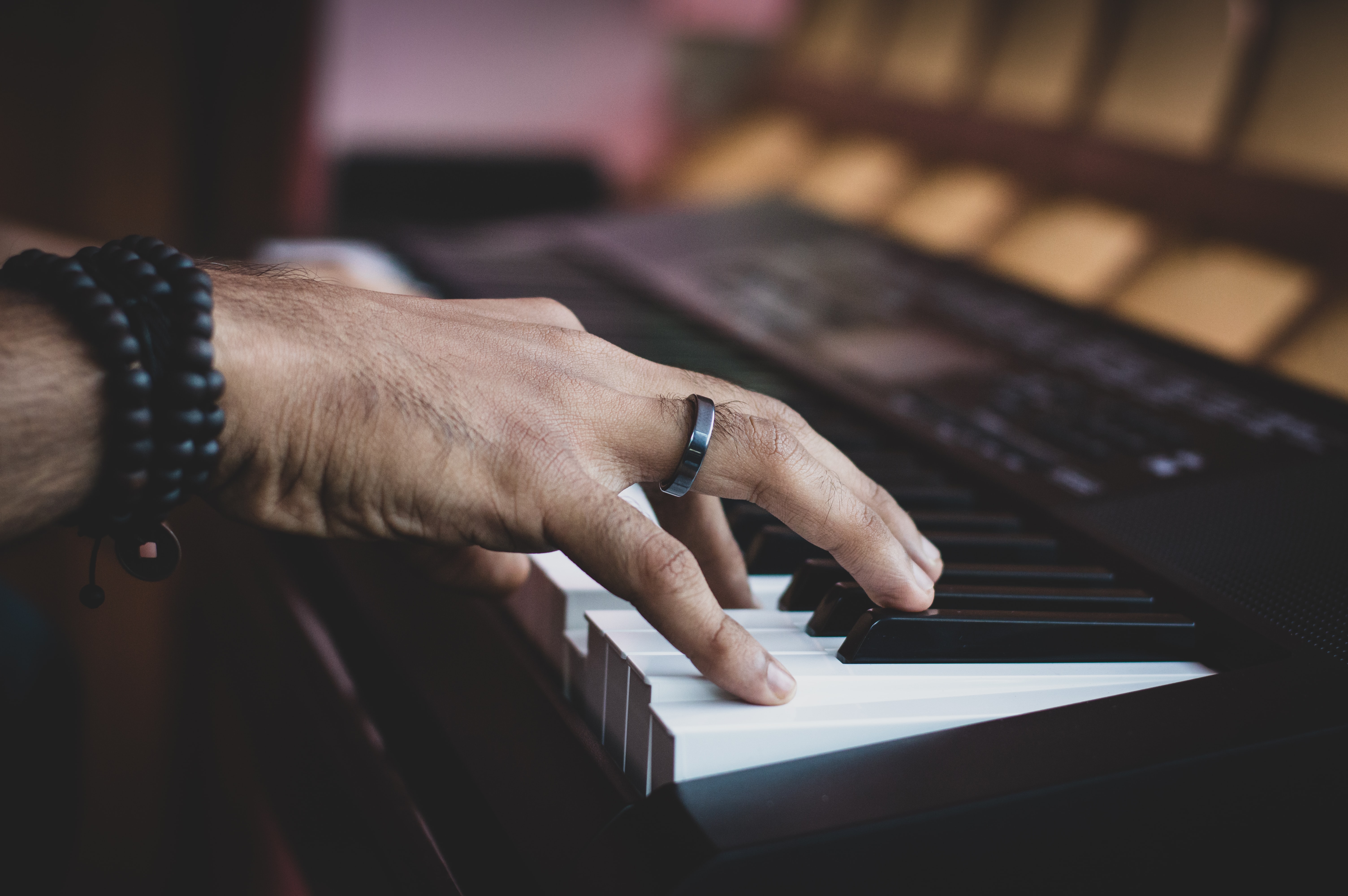
PS. As cool as they may be, iPads are also not suitable for piano practice!

ACOUSTIC PIANOS
If you're serious about learning the piano (which all Virtual Piano Academy Students are!) it is vital that you have regular access to either a real piano or a digital piano with fully-weighted keys (keys that feel like a piano to touch and where you can’t fit your finger under the key), and at least one, but preferably three, pedals. The most important pedal to have is the sustain pedal, but a soft pedal is also important for intermediate levels and above.

A properly weighted keyboard is absolutely VITAL for you to learn the correct touch and to practice dynamic changes (a HUGE component of playing the piano well). In addition, we start using pedals almost immediately (even for beginners), so it's really important you don't overlook these crucial features. Starting on a real piano that is in tune and in good condition is the best possible start to your musical education!
I realise that purchasing a piano is a considerable investment. Second-hand pianos start at around $3000-$4000 for reasonable older ones, and new or reconditioned pianos start at around $8000+. Top of the line upright pianos cost between $10,000 - $15,000. The good news though, is that unlike a saxophone, clarinet, or trumpet (that depreciates in value and quality as soon as it's bought), once you purchase a piano, you have it for life. When I was growing up, I learned on the piano my grandmother had bought for 6 pounds, two generations before I was even thought of. It still gets used at family Christmas gatherings to this day!
So, although an expensive upfront investment, an acoustic piano will be something that stays in your family for generations to come. Giving that gift to yourself, then your child, then your grand-child is priceless! It's a bigger upfront cost, but then it's an heirloom forever, and a better financial investment long-term.
The two upright acoustic pianos I would recommend buying are either a Kawai, or a Yamaha. They come in slightly different sizes (Yamaha has a U1 = smallest, and a U3 = biggest). The biggest ones give the most resonance and power in the low-end, and more generous sparkle in the high-end. You see these pianos in schools and universities all over the place because they have great tone and action; they tend to stay in tune well (even after considerable use), and they are robust and last forever.
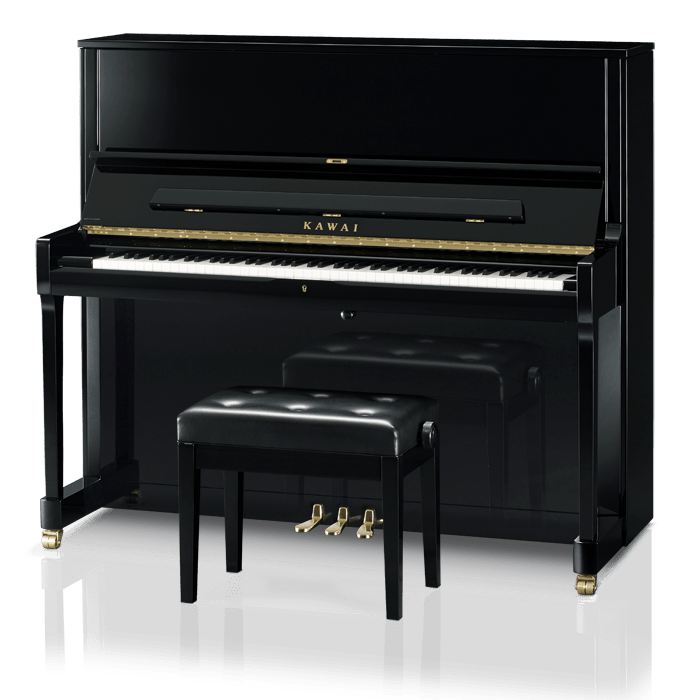
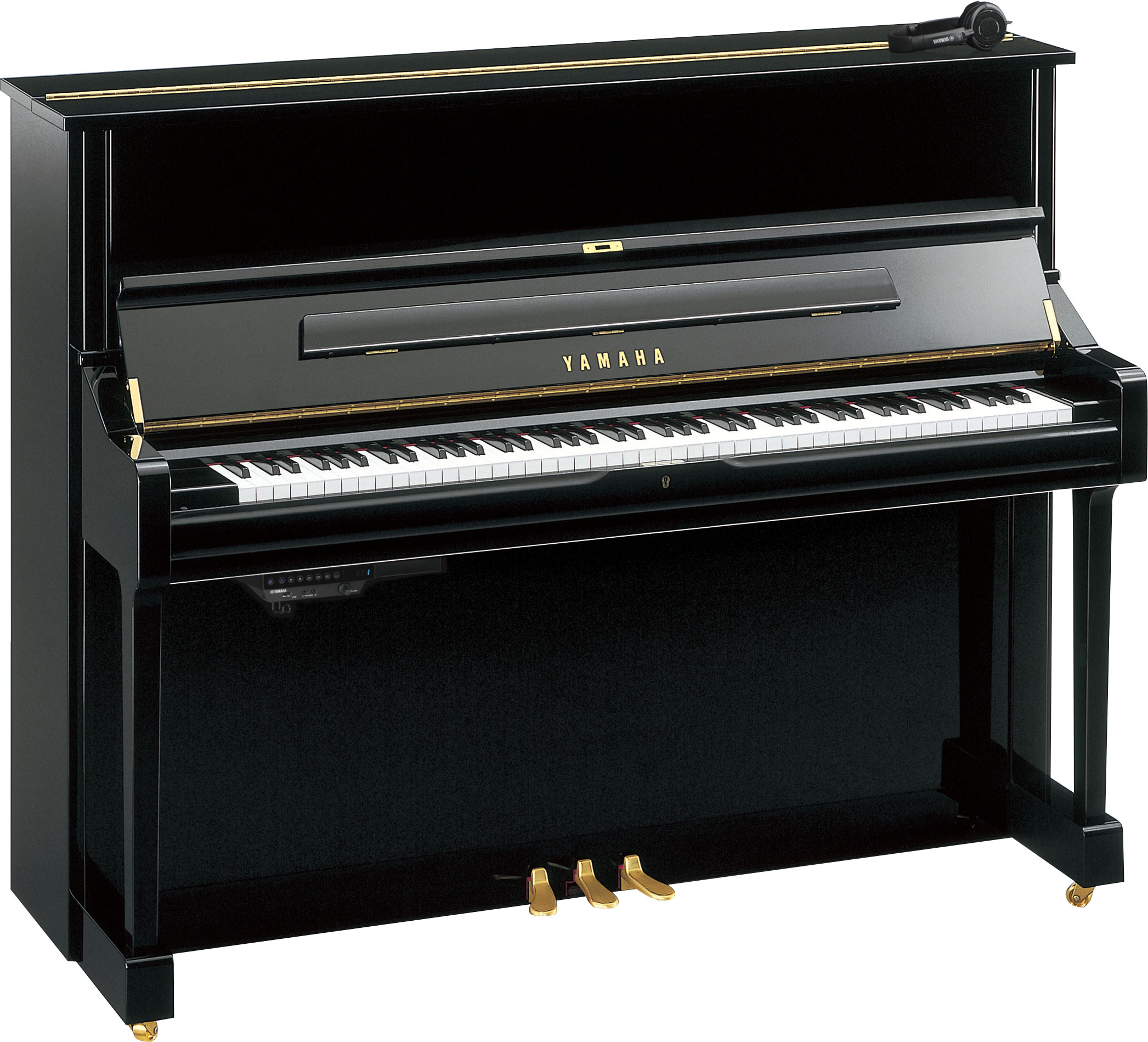
Try and avoid cheaper acoustic piano brands such as Beale, Samick, Young Chang, Mason Risch and Gulbransen, which are particularly poor quality instruments built very cheaply and with a very bad action.
If you really want to splurge, then you can always buy a grand piano! Top of the line grand pianos will set you back about $250,000 (or more!). Lots of people opt for baby grand pianos. These are still around the $30,000+ mark. I would always recommend getting a top of the line upright acoustic piano versus an average baby grand piano.
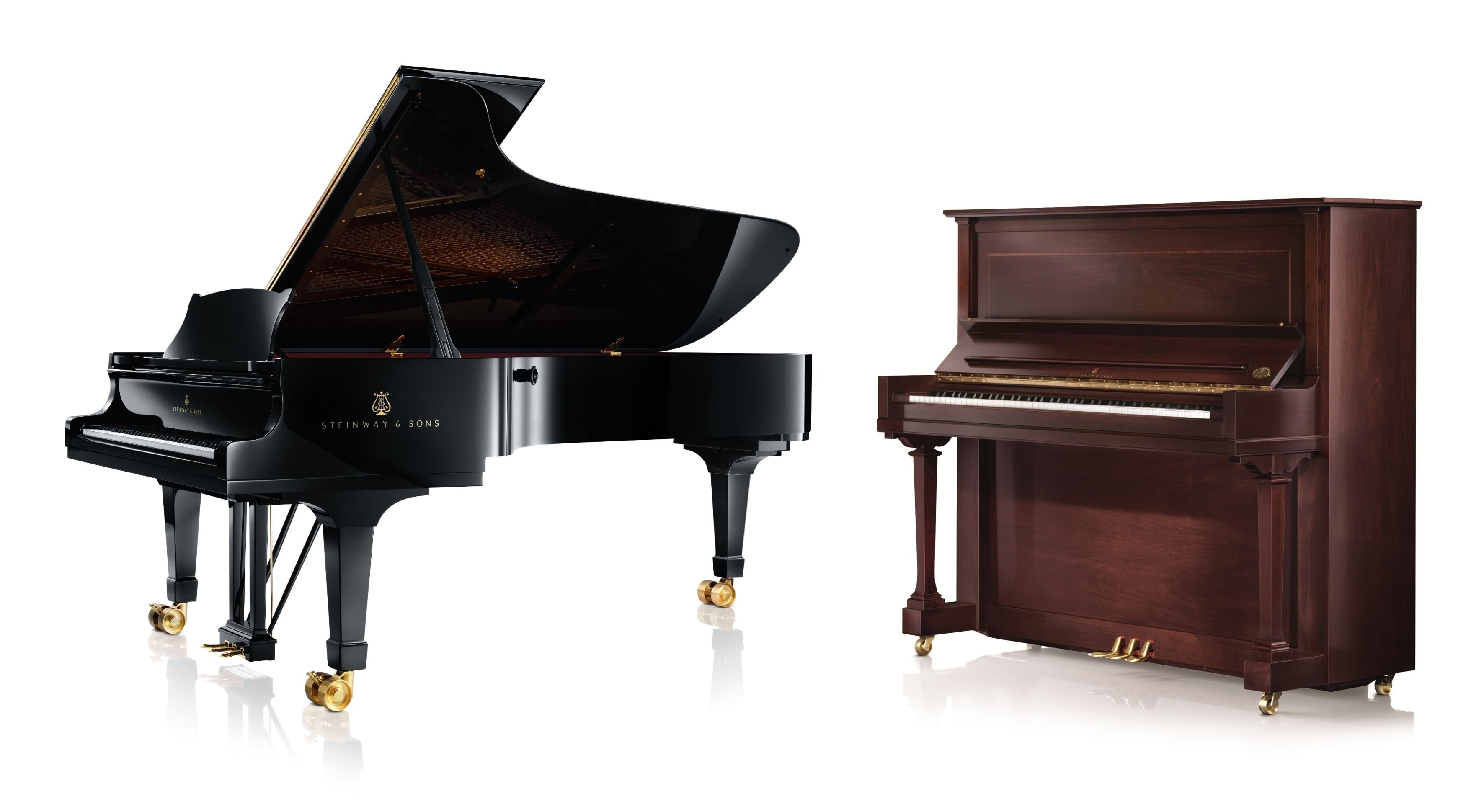
DIGITAL PIANOS
The next best option, if you don’t have the finances or physical space for an acoustic piano, is to purchase a good-quality digital piano with a full-size (88 key) keyboard, weighted action and pedals (at least one damper pedal, but preferably all three pedals).
Something like the Kawai CA99 Digital Piano (below) is a good premium digital piano option, selling for around $5,200. 
The Kawai CA79 Digital Piano (below) is another good option too, at around $3,990.
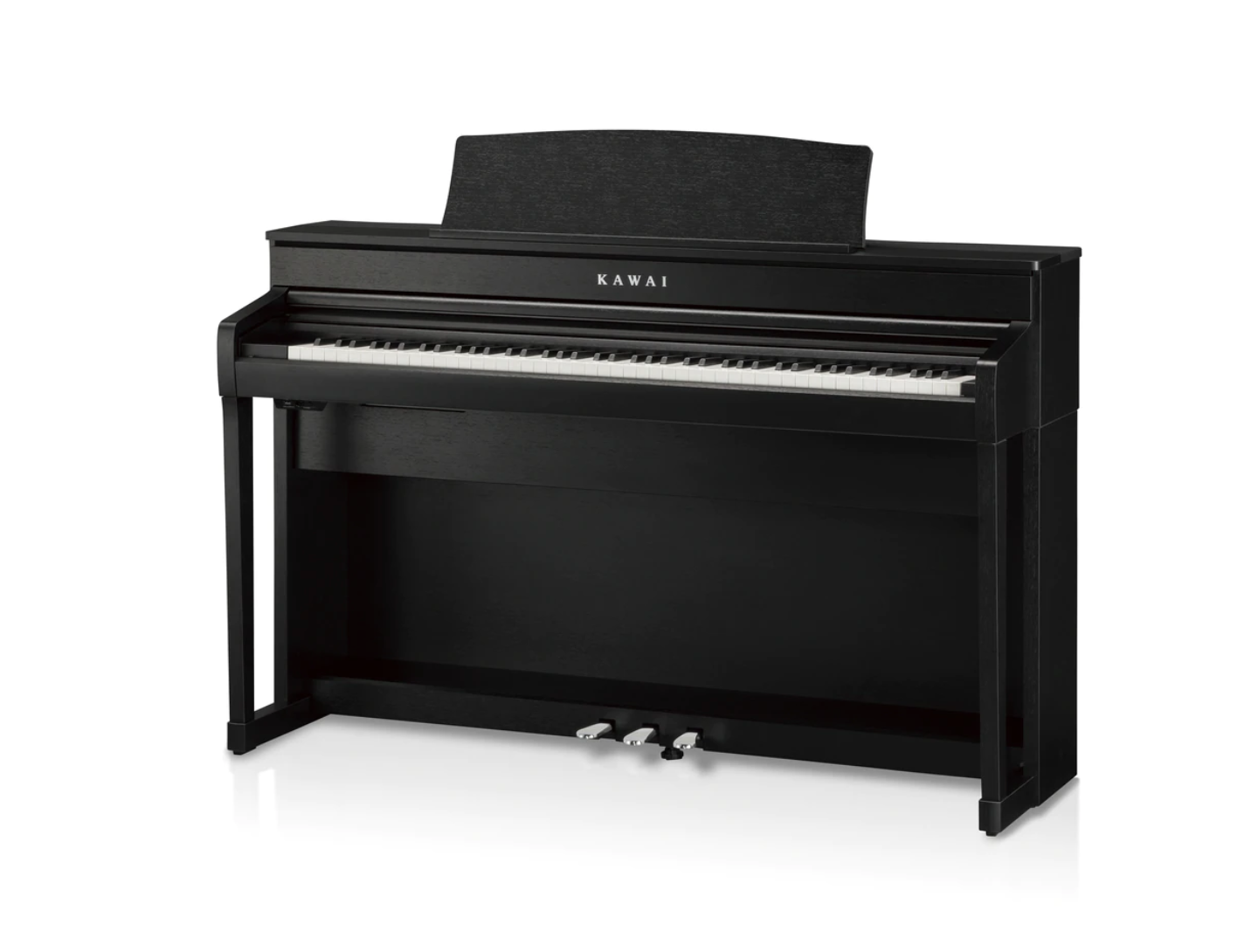
The Roland FP4 stage piano (below) sells for about $1869. You would need to get a keyboard stand, stool, pedals and speakers on top of this though, so this would add significantly to the overall cost.

The Kawai KDP110 Rosewood Digital Piano (below) is also a good choice, at around $1,500. It comes with pedals, and a bench.
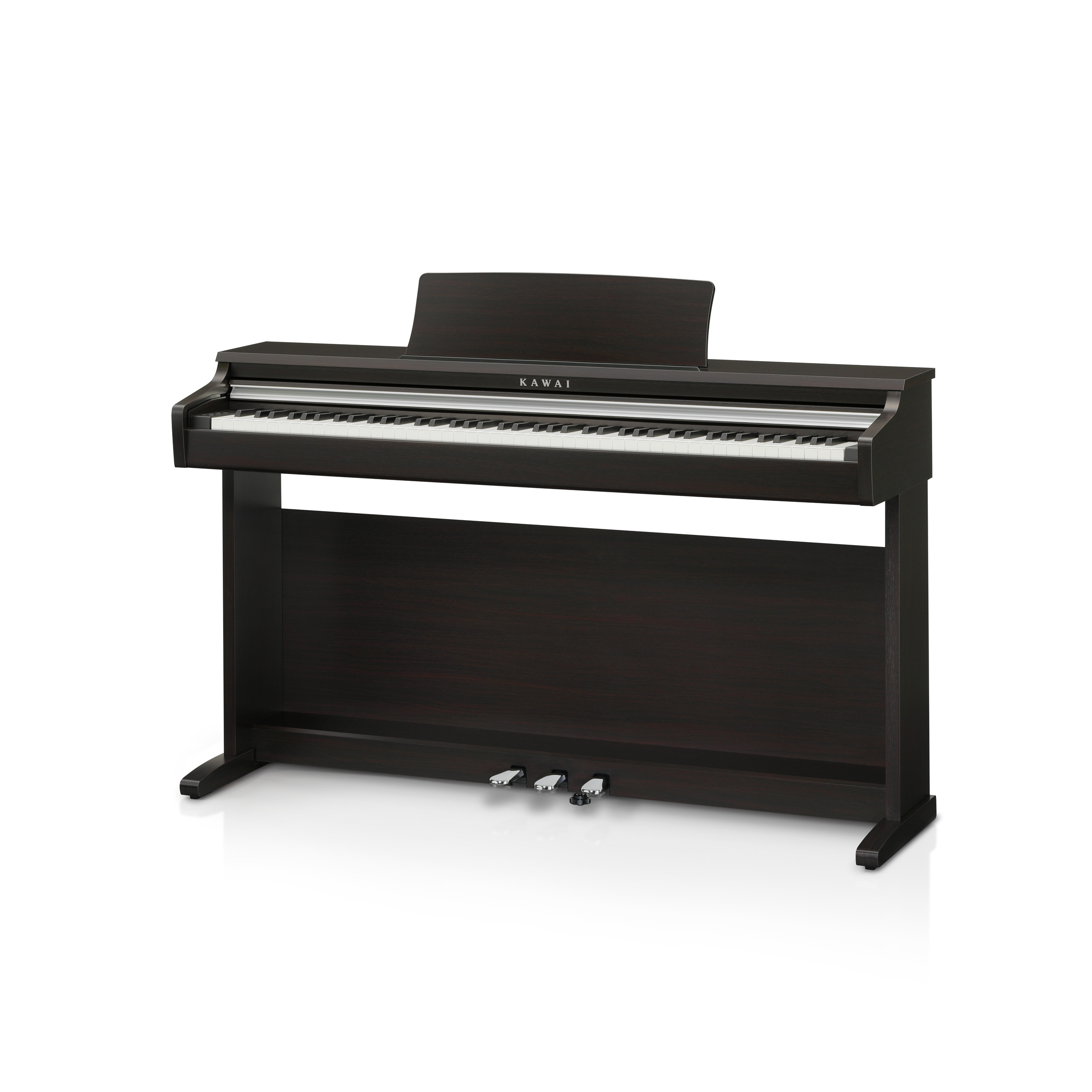
The Kawai KDP90 (below) sells for about A$1499.

The Korg SP-250 88-Key Portable Digital Piano (below) with stand and pedal is not bad either. It sells for about $1,300.
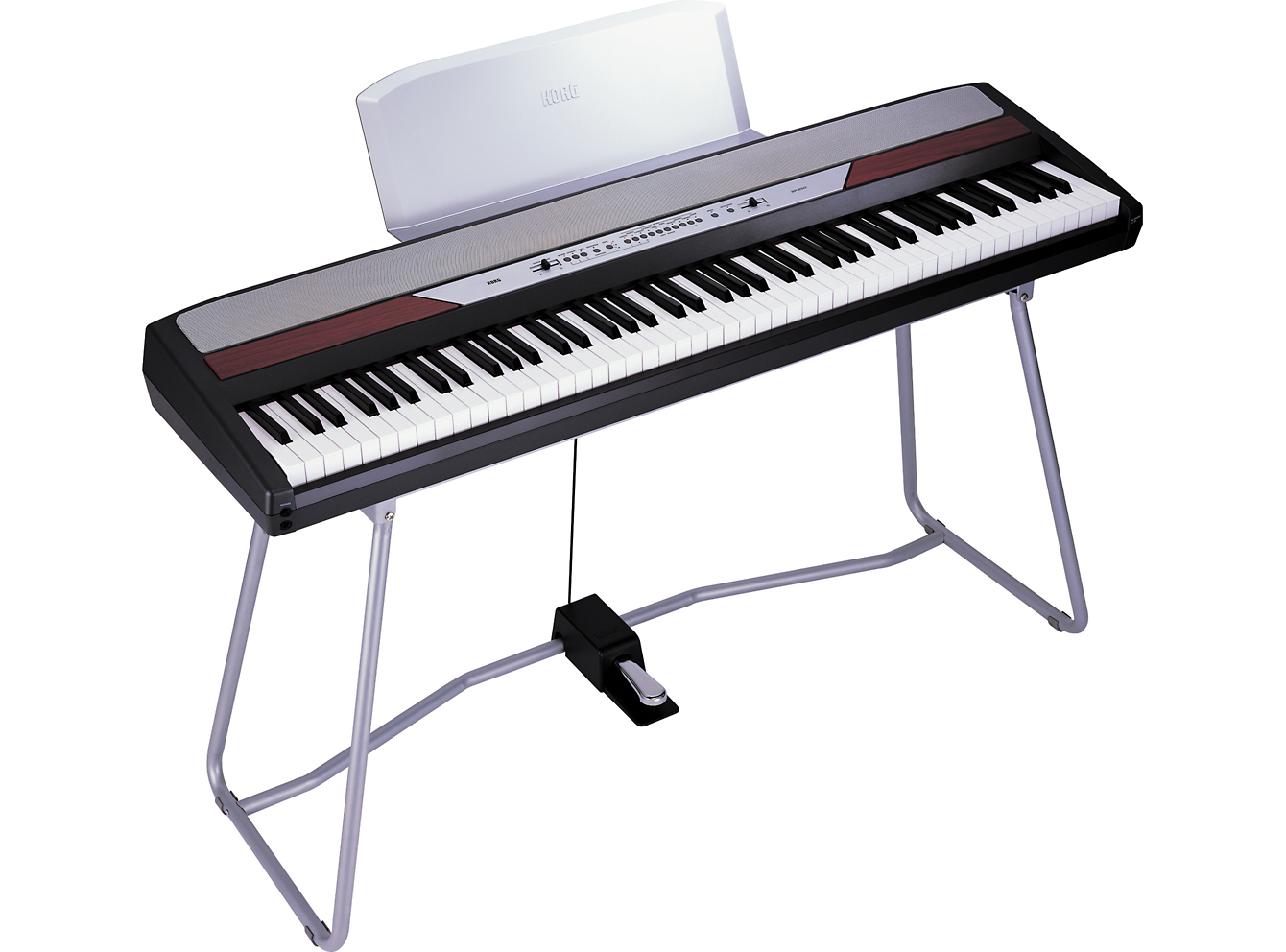
There are A LOT of different (and acceptable) digital keyboards to consider. These are just a few suggestions. If you find something else you like the look of, compare it with the features of the digital pianos listed here, to stack up whether it is is a good option. Make sure whatever digital piano you buy comes with pedals and a height-adjustable stand (stool) to sit on. Also make sure it has in-built speakers (so you can hear what you're playing!) If it doesn't come with on-board speakers, you will have to purchase these separately.
One benefit of using digital pianos is the fact that you can play with headphones on. A great perk if you live in an apartment or need to practice quietly.
These digital piano options will certainly get you going for a good few years, and will be fine for everything up to about a Grade 5 level. You could certainly continue learning beyond Grade 5 on a digital piano, but you might start to become frustrated by its shortcomings, and your technique might start to suffer a little at these higher levels. And although digital keyboards are cheaper up-front, they won't last forever. I bought a Nord Stage 2 Digital Keyboard (almost $5,000) and within 3 years, one of the keys no longer works due to a wiring issue (fixable, but at significant cost). On the flip-side, the acoustic upright Yamaha U3 piano I bought nearly 10 years ago still works and plays as beautifully as it did the day I bought it (see photo below). It also continues to work in a blackout, and there's something really refreshing about stepping away from technology to practice on a real live instrument.
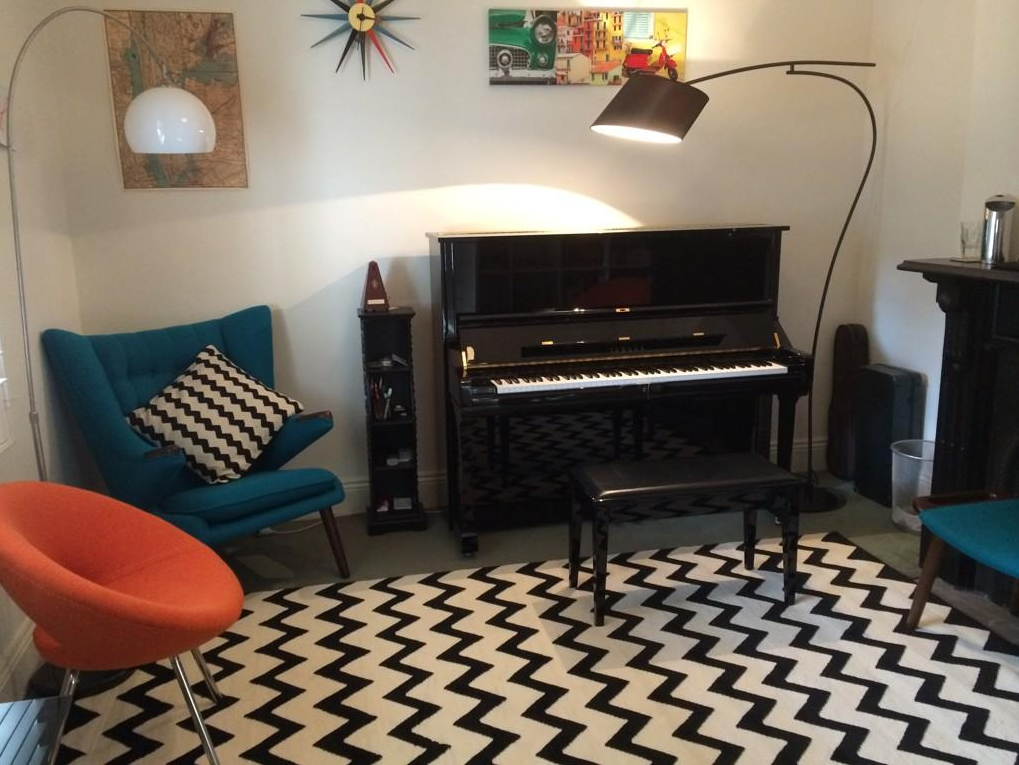
HIRE A PIANO
If you’re still unsure about buying, you can always hire a piano. This gives you the opportunity to try out a few options before you settle on something to purchase. With about a $500 deposit, you can hire am acoustic Yamaha or Kawai upright piano for about $99 per month, including a seat. The minimum term is often 6 months, but often comes with the option to buy after that time. This is certainly a great option for those who are serious about getting a real piano, but need a little more time to save.
CONCLUSION
The most important thing when buying or hiring is that you play the piano first (before purchasing). Resist the urge to buy a piano off eBay, just because it's cheap.
Make sure you are absolutely 100% happy with the sound and feel of the instrument. The only way to do this is to play it! If you're a beginner and can't actually play yet, simply play a few notes on an acoustic piano first (so you know the sound and feel of a real piano), then compare this to a few digital pianos. If you're thinking about getting a digital keyboard, try and find one that matches the sound, feel and action of a real piano as closely as possible. If you're unsure, ask someone in the store. They are often piano players themselves! Or ask a friend who already plays to come with you to the store, and to try a few options out for you. You will be spending a lot of time with this instrument, so it's important to shop around and get it right. It’s also very important to get an adjustable padded bench so that you're always sitting at the correct height.
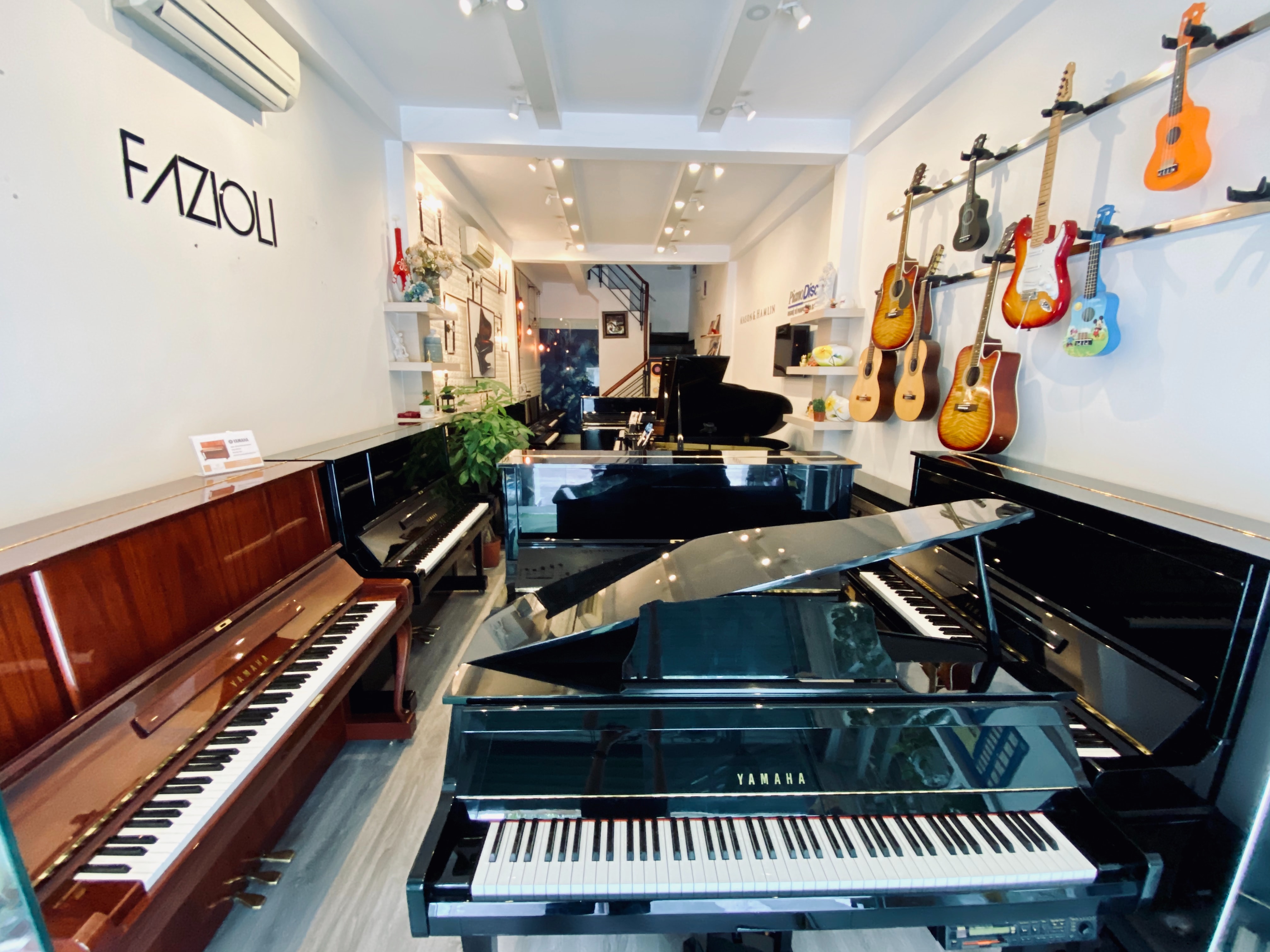
There's a lot to think about, but work out what your budget is, what piano level you're aiming for and how much space you have in your home. These things are important considerations. Take your time making your decision. Shop around. Try lots of different pianos/digital pianos. Ask lots of questions. Compare prices.
Feel free to post a photo of your current piano (or one you have your eye on) to the comments section below for feedback :)
~ Written by Virtual Piano Academy Founder + Director, Amy Bastow. May 2020.
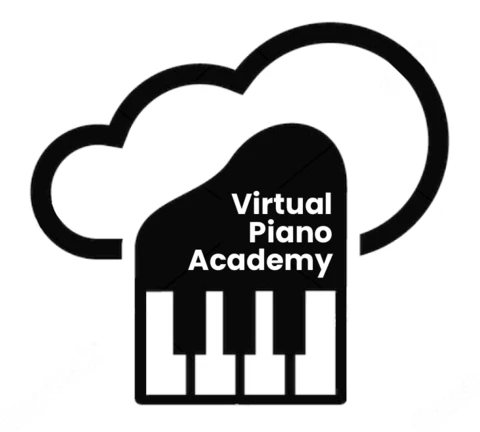
Want to learn how to play piano?